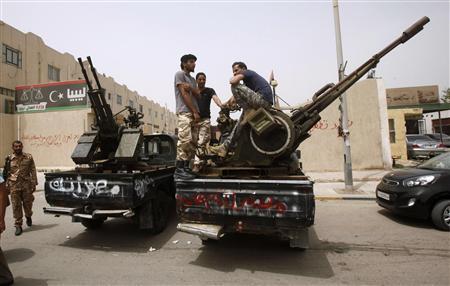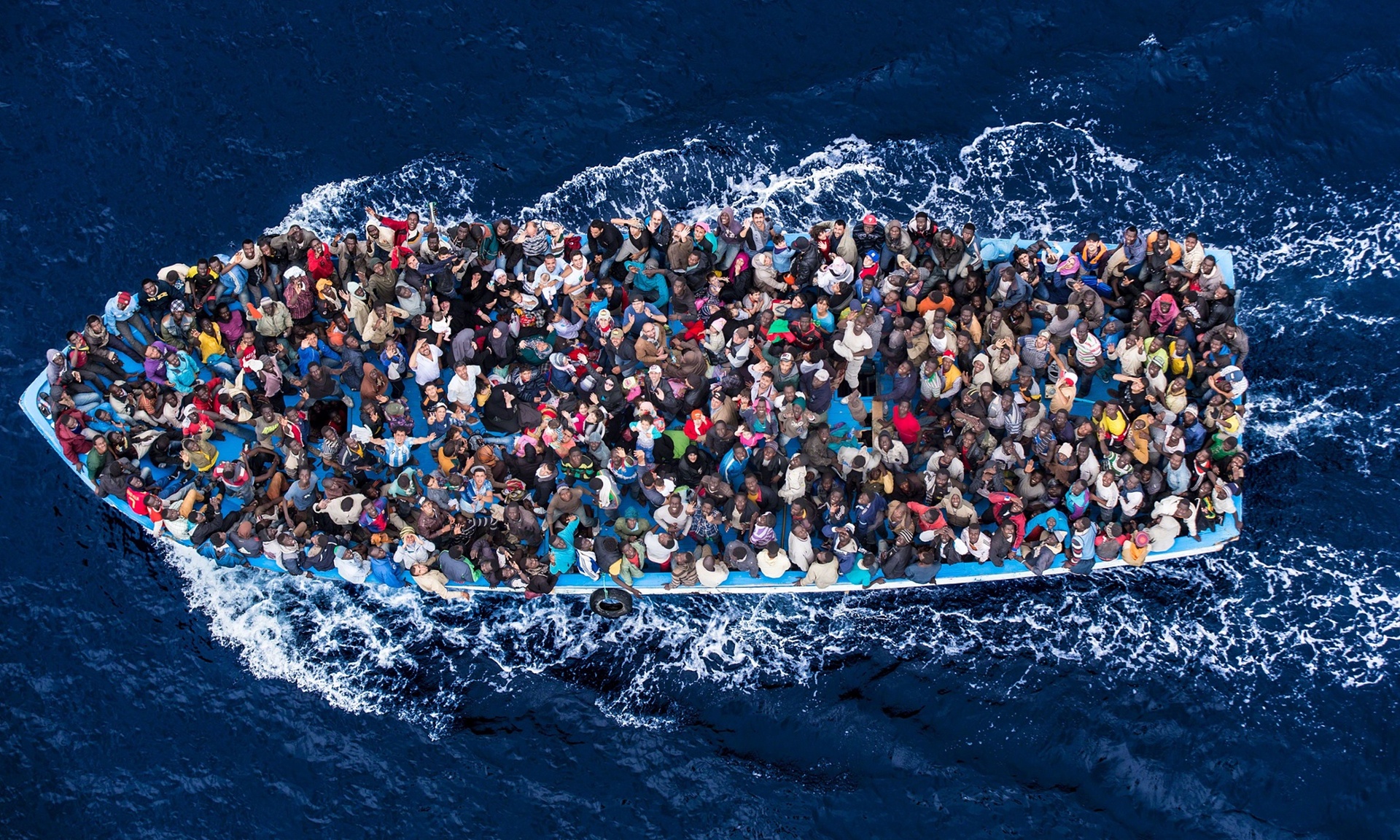On June 4, 2013, NATO Secretary General Anders Fogh Rasmussen announced that a delegation will be sent to Libya to assess calls for assistance and identify areas where the Alliance can provide support. Having witnessed a surge in lawlessness since the revolution in 2011, a NATO mission could make significant contributions t improving stability across the country.
Widespread Instability
Since the conclusion of Operation Unified Protector in 2011, Libya has been marred by instability and turmoil. According to the U.S. State Department’s 2012 Country Reports on Terrorism, “…the continued ability of extra-governmental militias to act with impunity… and the lack of government capacity to apply the rule of law outside of Tripoli contributed to this insecurity.” This issue is evident when one considers the presence of armed militias and the disruptions they have caused throughout the country. In particular, protests have impeded the conduct of economic and political activity. On April 30, 2013, for instance, armed men in pick-up trucks mounted with anti-aircraft guns and rocket launchers protested outside the Justice Ministry to push demands that former Gaddafi aides be barred from government posts. Consequently, the Libyan government passed the law, resulting in the resignation of key officials, such as Mohamed al-Magariaf, Chairman of the General National Congress.
[captionpix align=”left” theme=”elegant” width=”300″ imgsrc=”http://natoassociation.ca/wp-content/uploads/2013/06/ALT-LIBYA-articleLarge.jpg” captiontext=”Within recent weeks Libya has experienced a rise in local bombings, most of which have been carried out against police and military personnel. “]
The country has been racked with civil unrest and within the last few weeks there has been an increase in local bombings, many of which have been carried out against police and military personnel. As further noted in the State Department’s report, “Police and military personnel and facilities were the frequent targets of attacks by pro-Qadhafi and violent Islamic extremist groups, who fiercely resisted any efforts by the government to exert its authority.” On May 29, 2013, for instance, assailants threw an explosive device at military checkpoint in Benghazi, killing three soldiers. On May 10, as well, two police stations in Benghazi were bombed, resulting in extensive material damage.
More than Just Boots on the Ground
A training mission could provide a bulk of expertise to Libyan forces and lay the foundation for more stable security institutions. In a joint statement with NATO Secretary General Anders Fogh Rasmussen, U.S. President Barack Obama stated, “We now have a Libyan government that is in a transition process. And part of where we think we can be helpful is to ensure that a democratically elected Libyan government has the capacity to control its borders…And I think NATO has an important role to play on that front…” Following the attack on the American Consulate in Benghazi, which resulted in the death of U.S. Ambassador Christopher Stevens, the United States has been primarily concerned with terrorism. Therefore, it appears that considerable emphasis will be placed on strengthening law and order in areas of the country where the presence of Islamic extremists, which are believed to be working closely with Al-Qaeda, is growing.
With the Alliance’s role in helping overthrow the Gaddafi regime having garnered considerable criticism and controversy, it is unlikely that an “Afghan-style” military campaign is in the cards for the Alliance. On June 4, at a NATO meeting of Foreign Ministers, Rasmussen stated that military assistance would focus primarily on training forces and strengthening existing security institutions, rather than a deployment of NATO forces. As Rasmussen stated, “…let me stress this is not about deploying troops to Libya. If we are to engage in training activities such activities could take place outside Libya.”
At this point it is too early to determine whether a training operation will prove effective in improving the Libyan security landscape. As shown by this recent surge in violence however, a competent and well-equipped security force is necessary to preserve the gains made by revolution and to ensure a prosperous Libya.




